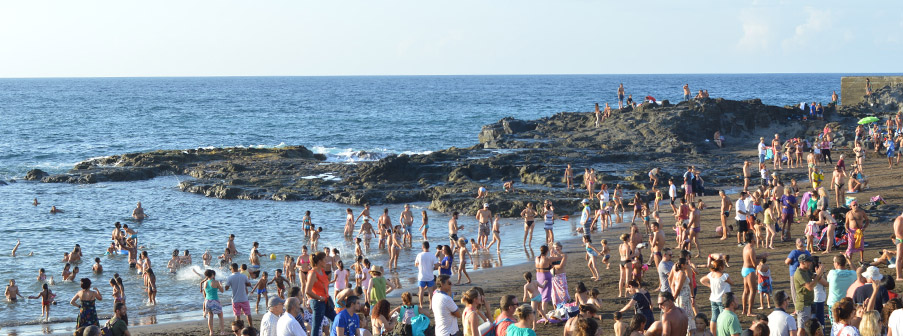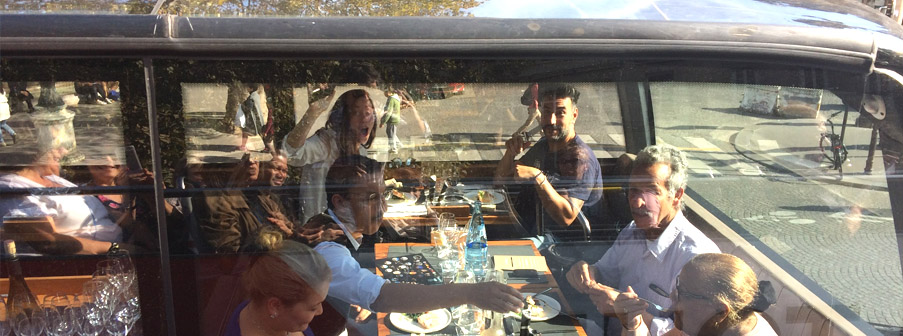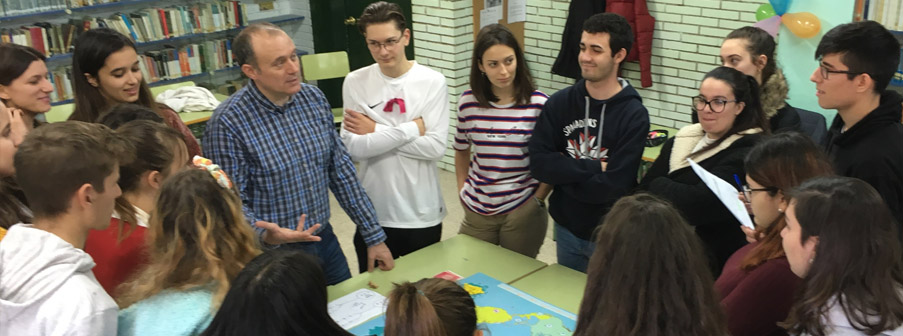OBJECTIVES
OBJECTIVE 1
Analyse, understand and represent the complex relationships that are established between the various mobilities that interact in a space with planning, urban design and social equity.

- Task 1. Image, attractiveness and behaviour.
Analysis of the impacts caused by the resemantization of the place due to the interactions between the different mobilities and the changes made to the representations of destinations due to the impact of attraction processes and strategies.
- Task 2. Design, urban planning and social equality.
Analysis of the relationship between tourism practices, space morphology, quality of life in destinations in terms of places and the sociocultural diversity.
OBJECTIVE 2
Understand and review the role of incorporating a renovated territorial dimension of destinations into current tourism policies as a necessary factor for improving the place’s prosperity and sustainability (environmental, economic and cultural).

- Task 3. Policies, networks, institutions and governance.
Analysis of the relationship between tourism and territory with particular focus on the transformation of destinations’ governance structures and management policies with the incorporation of territorial indicators in response to the diversification and intensification of current tourism mobility processes.
OBJECTIVE 3
Discuss, evaluate and propose prescriptive systems that include digital fingerprints and other technological tools associated with tourist mobility to guide the implementation of regulatory mechanisms related to the tourist use of the territory.

- Task 4. Communication and intelligence technologies of destinations.
Critical review of how the use of technologies has been focused in tourist destinations as an instrument to promote the place, for interaction between visitors and for positioning, while it has been used far less as an instrument to generate welcoming, integrated and «fair» spaces, in the context of responsible and ‘smart citizenship’ in tourist destinations.
- Task 5. Technological trail and market regulation.
Evaluation of the potential use of the trail that tourist mobility generates in the devices and digital instruments associated with consumption and mobility in order to regulate tourist activity and/or business in a more efficient and adequate way and avoid the current production of negative externalities on common resources and public services (spaces, transport networks, waste production, etc.)
OBJECTIVE 4
Develop a system of indicators of the project’s Social Impact that makes it possible to propose systems for evaluating the validity of the solutions detected.

- Task 6. Social impact of the research on destinations.
Identification of Social Impact Indicator systems to be used in the development of the project in the area of incorporating territorial policies into the management of destinations at times of mobility, and development of pilot applications.
